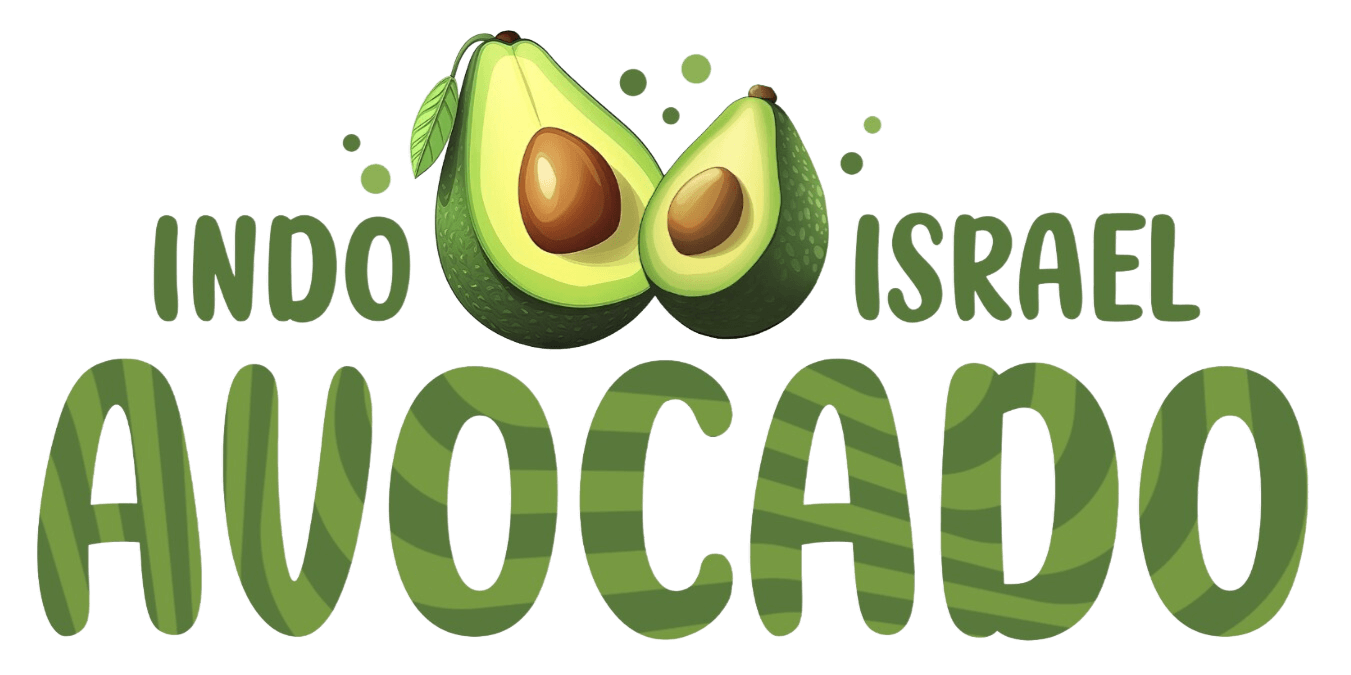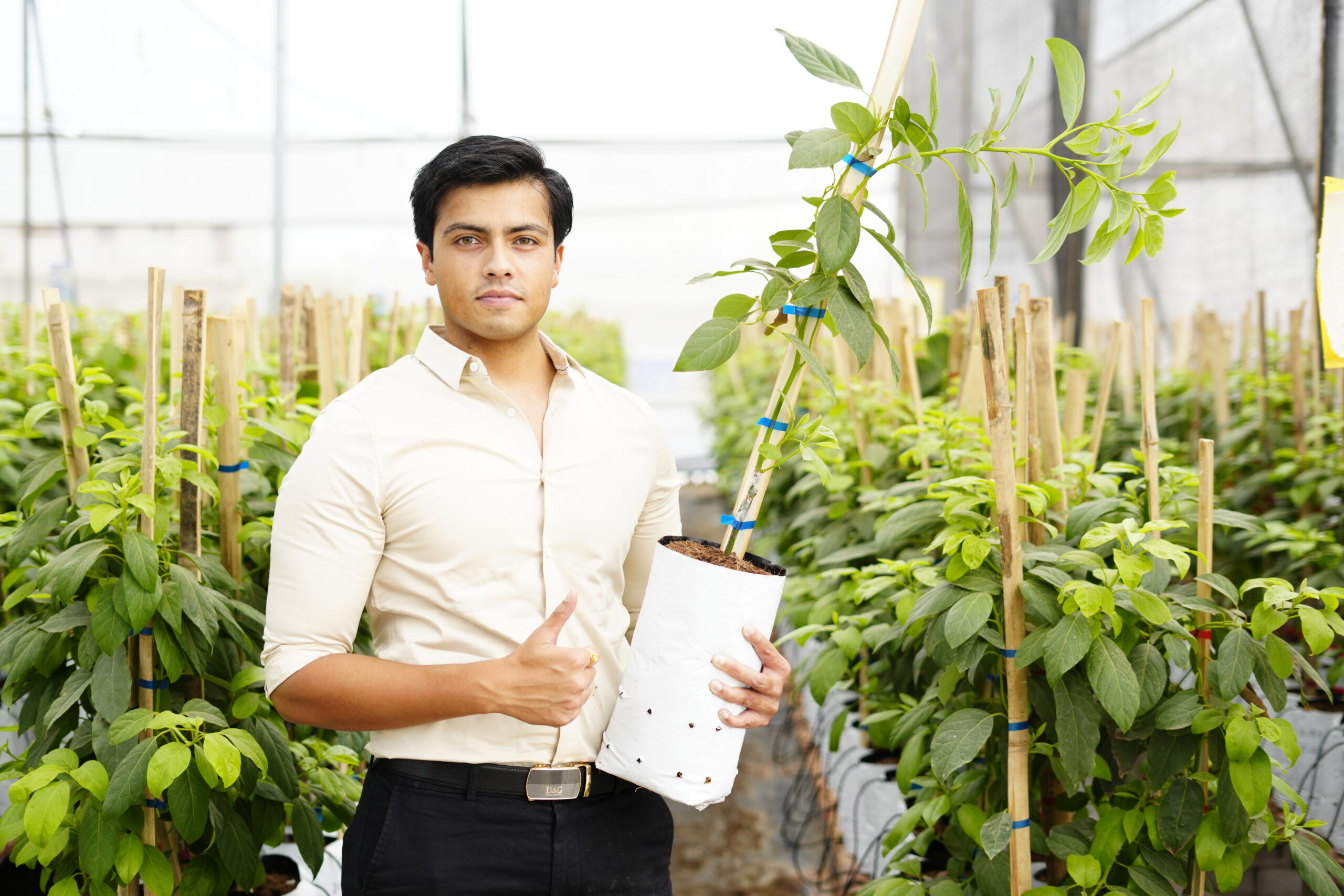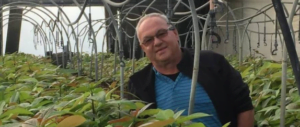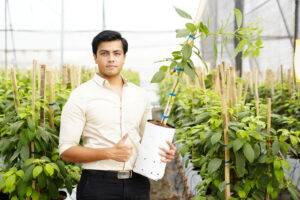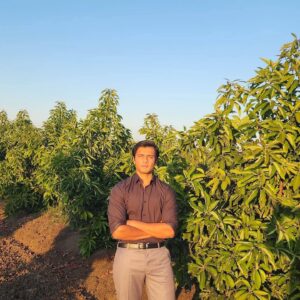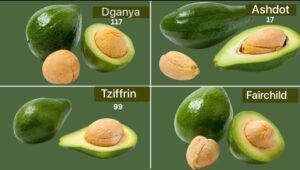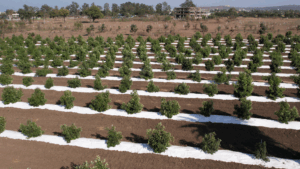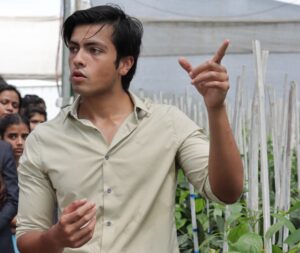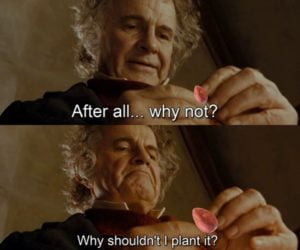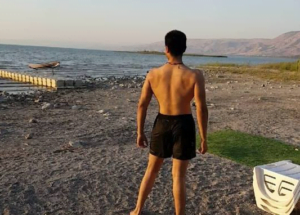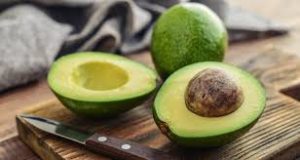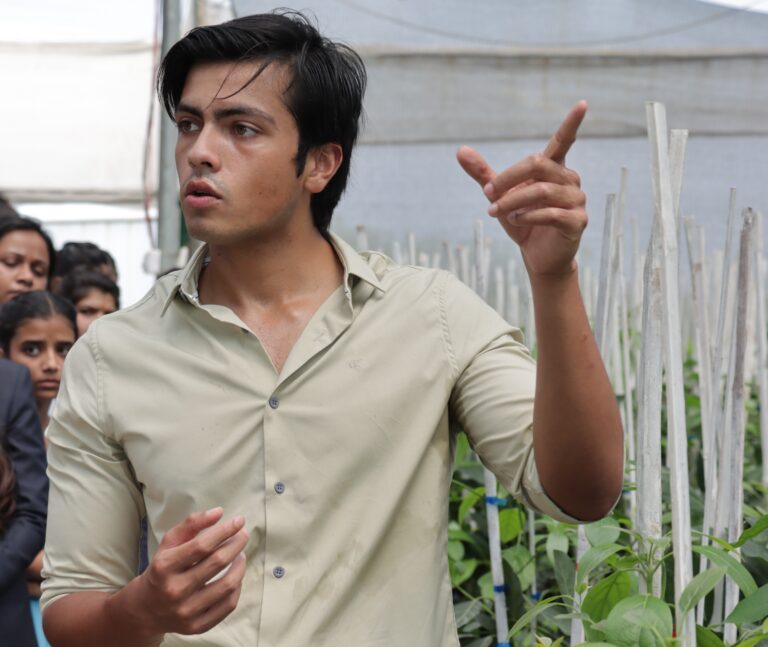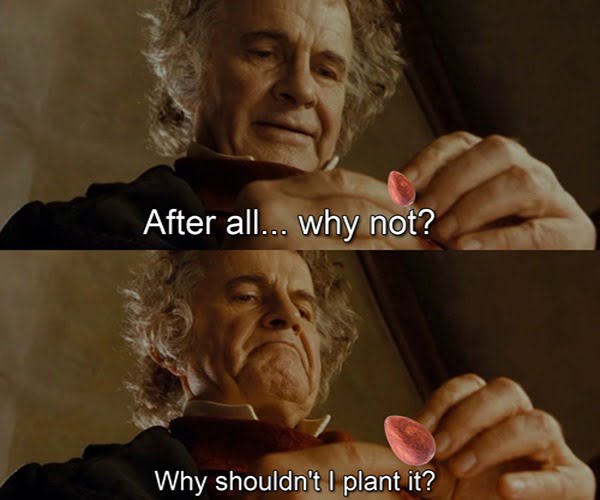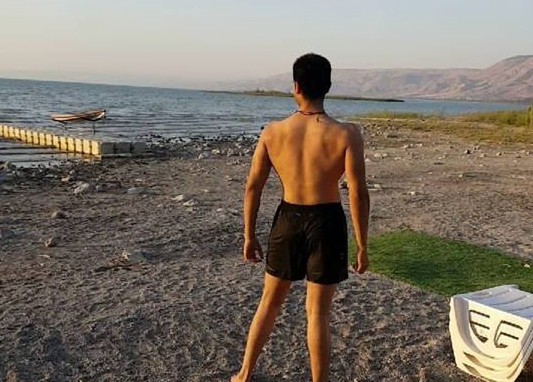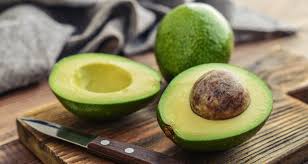When it comes to avocados, the choice of rootstock is paramount. There is a reason why Brokaw, Allesbeste, Westfalia, Orr, Oren, Lynwood and Anderson sell trees grafted on commercial rootstocks.
Rootstocks are part of the plant that is below the graft. It influences the tree’s production, ability to take up nutrients, vigour of the canopy and in some cases provides phytophthora resistance and/or salinity resistance.
What rootstock to choose?
Rootstocks are chosen according to the soil type. You have to get your soil tested for –
- Soil EC
- Soil Ph
- Soil texture analysis (% of silt, sand and clay)
- Sodium absorption ratio/ exchangeable sodium percentage
- Calcium
- NPK analysis (not necessary for rootstock selection, but get it done for fertigation management)
Right rootstock selection allows us cultivation of avocado in extreme climatic conditions. Avocado originates from Mexico, there is not a lot of thought given to avocado rootstock selection in Mexico, because its a native crop there. However, the soil and climatic conditions are different in Israel, India, China, New Zealand, California and Australia. We are taking the avocado out of its native climatic conditions and forcing it to grow in a different environment. This requires extra care in its growing practices. That’s the reason I chose to visit Israel to learn about avocado farming and not Mexico.
Out of the 3 races of avocados, West Indian race avocado rootstock is the most suitable in India. Because in West Indies, avocado grows in plains unlike Mexico and Guatemala where it grows in the mountain regions.
I mostly work on West Indian race F1 seedling rootstocks from Israel. I can provide –
- Ashdot 17 – tolerant to calcareous soil and high salinity, similar to Degania 117 but grows faster in the early years
- Degania 117 – tolerant to calcareous soil and high salinity, less vigorous so requires less pruning, most popular in Israel
- Tsiffrin 99 – most suitable for light sandy soils, most popular in Peru, tolerant to salinity and calcareous soils to a certain extent
- Fairchild – Most tolerant to calcareous and saline soils, too vigorous and requires heavy pruning
- Degania 189 (available on special request and pre booking) – similar to Degania 117, but resistant to Verticillium wilt and other soil borne fungal diseases
- Day (on special request and pre booking) – similar to Ashdot and Degania, but no added advantage over them
- VC 159 (clonal rootstock – coming soon to my nursery)
You can watch the Netafim’s video presentation here –
